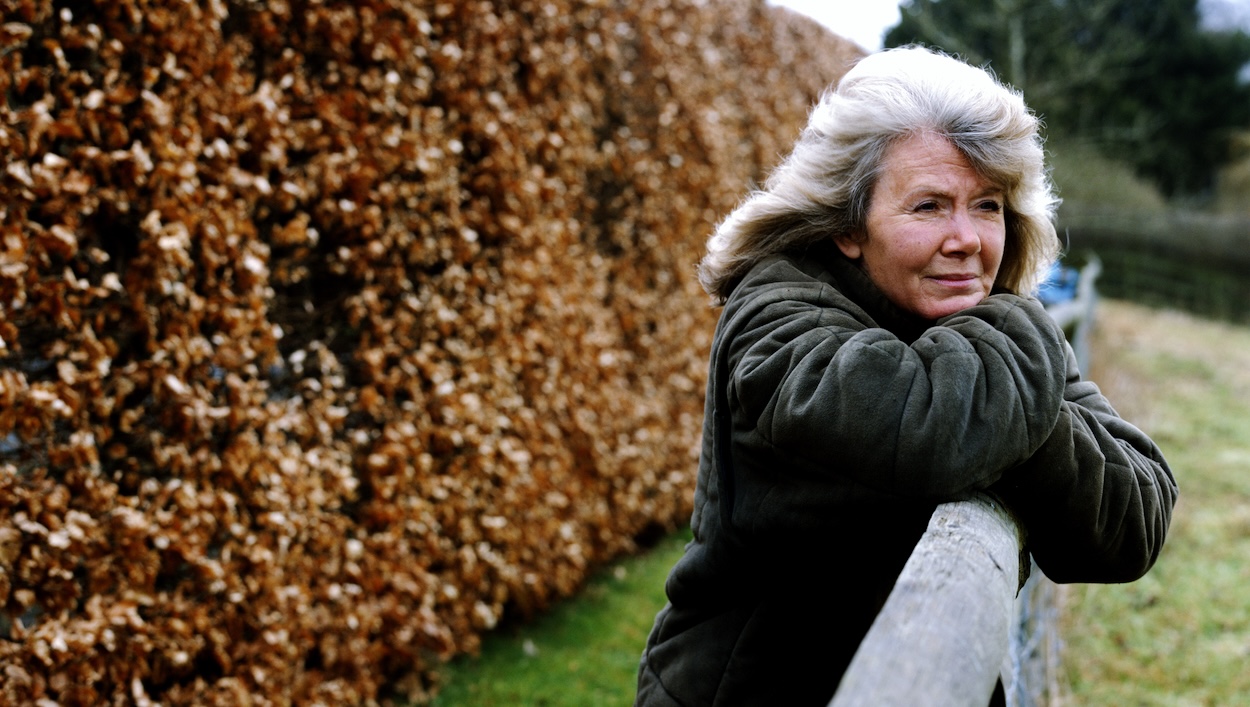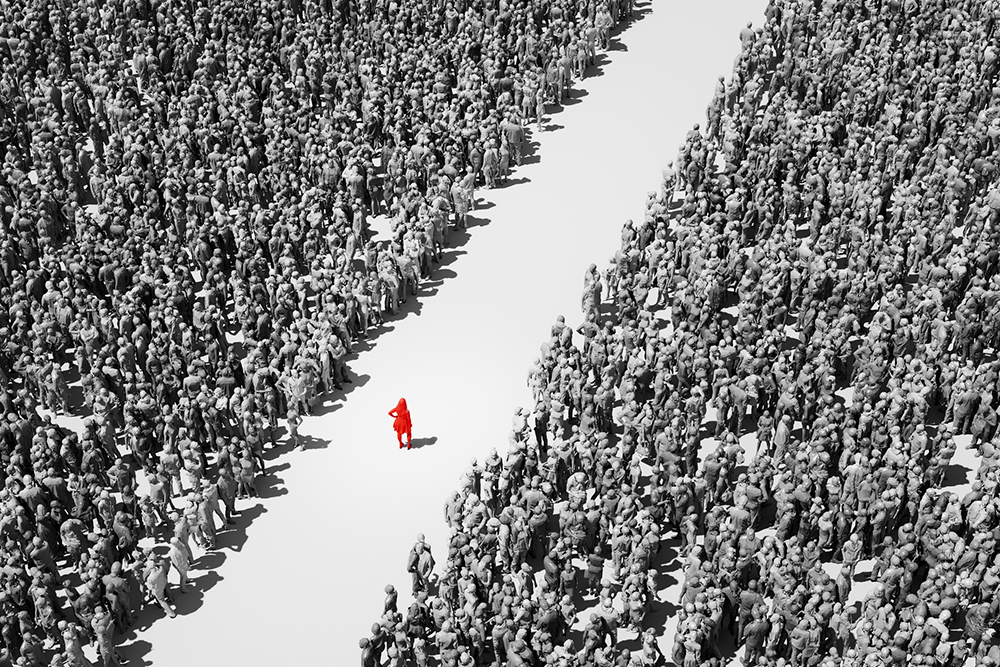When I found out about the death of Dame Jilly Cooper while waiting for a train, I said, out loud, ‘Oh no!’ with such vehemence that several of the commuters around me shuffled away, clearly frightened by their proximity to a madman. Cooper’s death at the age of 88 – a good innings, but also wholly unexpected, occurring after a sudden fall – brings to an end the life of Britain’s pre-eminent romantic novelist, aka ‘the queen of the bonkbuster’. It is testament to her vast popularity that many of her millions of readers felt that they knew her intimately, and those lucky enough to meet her were invariably charmed by her good humour, self-deprecating wit and charm.
Cooper was often lumped alongside the likes of Barbara Cartland, Jackie Collins and the more chaste Maeve Binchy, but there were two fundamental differences between Cooper and her peers. First, she was as much a social satirist as she was a bodice-ripper de nos jours. She poked fun at a very British subsection of landed middle-class and aristocratic mores in her best-known titles such as Riders and Polo, all of which form part of the 11 volume Rutshire Chronicles. Cooper was able to combine impressive literary allusion – although she would surely have pooh-poohed any idea that she was a Great Author – with decidedly lowbrow humour. The titles of many of her books were single words such as Mount!, Tackle! and, naturally, Wicked! And second, she could write: she was an excellent prose stylist who could spin a proper yarn.
Cooper wrote dozens of books, including straightforward romantic novels, children’s adventures and non-fiction works about anything from sport and dogs to class – of which her 1979 volume Class: A View from Middle England is something of a minor classic in its field. But she will always best be remembered as the author of the Rutshire novels and her caddish creation Rupert Campbell-Black. When he first lolloped into her pages in 1985’s Riders, Cooper portrayed him as a priapic but fundamentally empty hedonist. Over his repeated appearances in her books she gave him more interesting and likeable qualities – not least his sincere love for his eventual wife, Taggie Campbell-Black – who makes him, if not quite an honest man, certainly a better one.
It was said that when Samuel Richardson’s Pamela Andrews finally persuaded her wicked employer Mr B. to make an honest woman of her, the nation’s church bells rang out in celebration. The same could be said of Cooper’s Campbell-Black, who is, like so many of her characters, a well-drawn archetype but also a recognisable figure. Even today, if you’re a habitué of the Bull in Charlbury or the Badminton Horse Trials, you will see a dozen Ruperts sidling up to far younger women with a lascivious glint in their eyes and the promise of, if not lasting love and romance, at least a cracking night in the sack. It was also to Cooper’s credit that she refused to apologise for the un-PC aspects of her novels, which the thought police have made repeated attacks on. When it was revealed by this magazine that none other than Rishi Sunak was a fan of her writing, those mealy-mouthed moral arbiters were thoroughly silenced.
Cooper was every bit as charming, warm and decent in person as you might have imagined from her writing
Cooper was every bit as charming, warm and decent in person as you might have imagined from her writing. I only met her once, at the Hatchards authors’ evening in 2016. I was promoting my then-recent book Byron’s Women, and Cooper was shopping the latest in the Rutshire books, Mount! She did not need to be promoting a book to be lionised by the dozens of admirers who were queuing for her signature, but she was kind enough to take notice of me on an adjacent table, without so many admirers, and to buy one of the few copies of Byron’s Women that sold that night. This would have been quite the accolade, but a few months later I received a long handwritten letter about the book, noting her own thoughts on the Byronic figure and how he had inspired her characters.
I still treasure that letter – one of the most perceptive and welcome commentaries on anything I’ve written – and, when the Disney+ adaptation of Rivals aired last year, I meant to write to her again to congratulate her on what a thoroughly successful version of her book it was. Life intervened, the letter went unwritten, and now I will never have a chance to tell the great Jilly Cooper how loved she was by me, and millions of others. My hope, however, is that she knew that anyway, and her legacy will be one of joy, laughter and – one hopes – just a little licentiousness too.







Comments